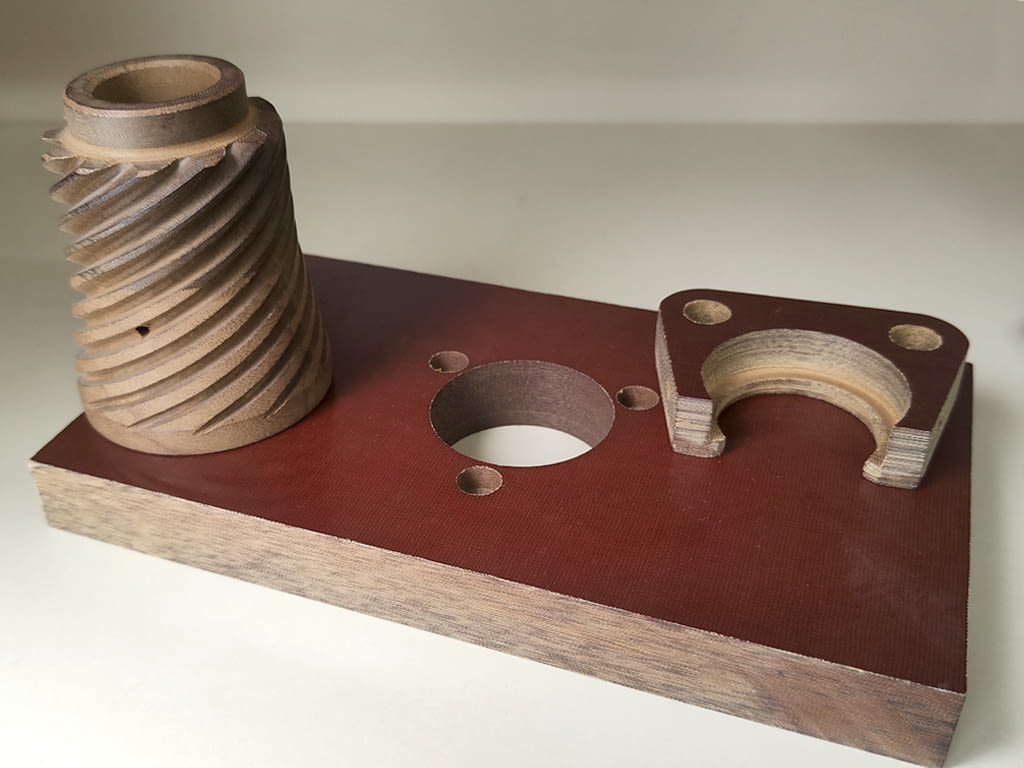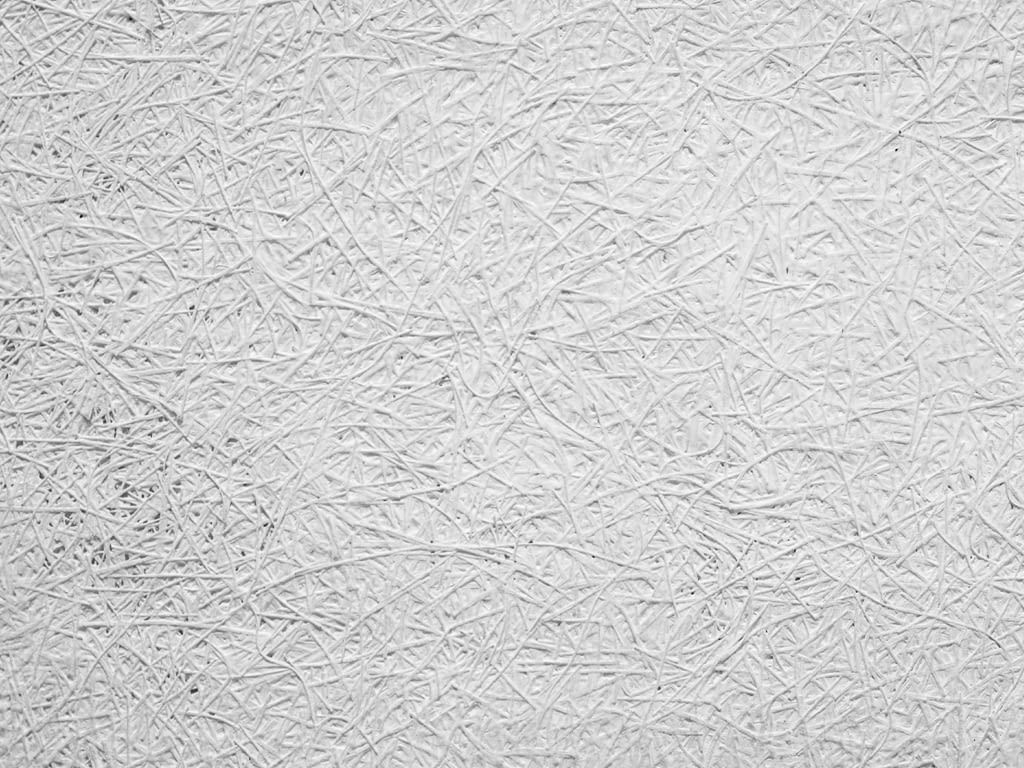Other materials
Thermosets

CELOTEX®:
Phenolic fibers, which under pressure form a stratified plastic material with high mechanical strength and good electrical insulation.
It has resistance to chemical agents, high temperatures, and has a low weight.
It is widely used in the automotive sector, for insulating assemblies and for parts such as bearings, clutch discs, etc.

FIBERGLASS:
Epoxi g11: Glass fabric impregnated with epoxy resin that forms a layered laminate with great mechanical strength, good dielectric properties, and resistance to temperatures up to 155ºC.
BAKELITE:
A completely synthetic plastic material, with good resistance to high temperatures, fire, and abrasion. It has good electrical characteristics, is shock-resistant, resistant to chemical agents, and has good dimensional stability.
Bakelite is mainly used in sectors that work with high temperatures, for parts such as grills, cookers, switches, handles, etc.
Metals
STAINLESS STEEL |
AISI 304 |
Its nickel content allows better machining and greater resistance than AINSI 430 against certain agents in certain temperature and pH conditions. |
AISI 316 |
It has the same range of apllication as AINSI 304, and the inclusion of Molybdenum in its structure makes it more resistant to corrosion, being superior to AINSI 430 and AINSI 304. Better behaviour in aggresive environments, such as acids and saline atmospheres. | |
ALUMINIUM |
Aluminium is a non-ferromagnetic and extremely light metal (it has a very low density), which makes it ideal for many industrial applications. |
|
BRASS |
A copper-zinc-lead alloy, characterised by its high machinability, it acquires the properties of cooper, its main component, with stable behaviour over time, and without influencing the exposure conditions. The proportions of copper and zinc can be varied to create a range of brasses with varying prperties.There are three main groups of brasses depending on their percentage. |
|
COPPER |
ANODISING OPTION |
Bronze is an alloy of copper and tin, in varying percentages, with a minimum of 75% cooper, but it does have certain limits because it becomes brittle.Tin gives copper strength and hardess. With 6% in is not suitable for cold working, and maximum tensile strength is achieved at 17%. |


